CAS said in a statement that Munir had appealed jointly with the Moroccan Football Federation (FMF) after Fifa turned down his request on March 13.
The appeal included a request for a decision by mid-May “in order for the player’s sporting nationality to be decided prior to the commencement of the Fifa 2018 World Cup,” said CAS.
Fifa rules bar players from switching allegiance once they have played a competitive international even if they hold dual nationality.
Munir, 22, made a single appearance for Spain, in a European championship qualifier against Macedonia in September 2014, when he came on as a substitute and played less than 15 minutes.
“This was my decision and I knew what I was doing. Since I was young I have played in Spain and this was my idea,” said Munir at the time. “I spoke with people in Morocco and told them that I wanted to play here instead.”
Munir, who was born in Spain and has a Moroccan father, was raised at Barcelona’s famous youth academy where he made his professional debut and is currently on loan at Alaves.
He has also spent one season on loan at Valencia.
Fifa’s stakeholders committee is studying a proposal to make the rules more flexible in such cases.
Cape Verde’s football federation suggested the rule be relaxed in cases where the player has played only one or two games for his original national side but has no realistic chance of a recall.
“It’s a good time to have a look at this and see if there are solutions, without hurting the integrity of the game,” said Victor Montagliani, head of the stakeholders committee, in October.
Spain and Morocco have been drawn in the same group at the World Cup alongside Portugal and Iran.


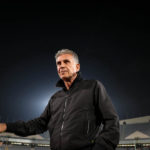
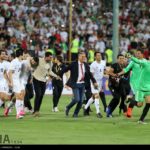
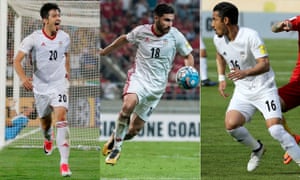

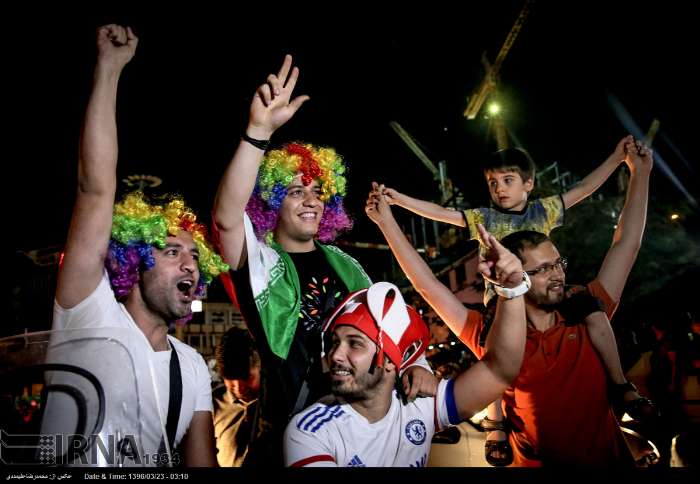


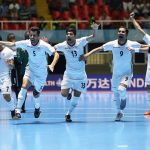








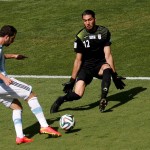
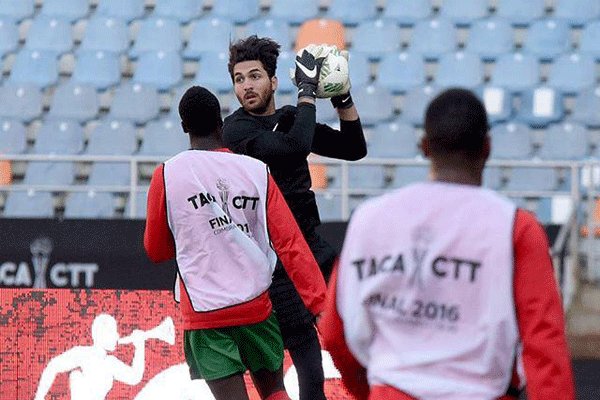
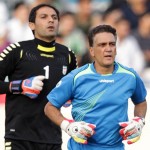

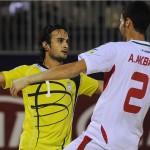
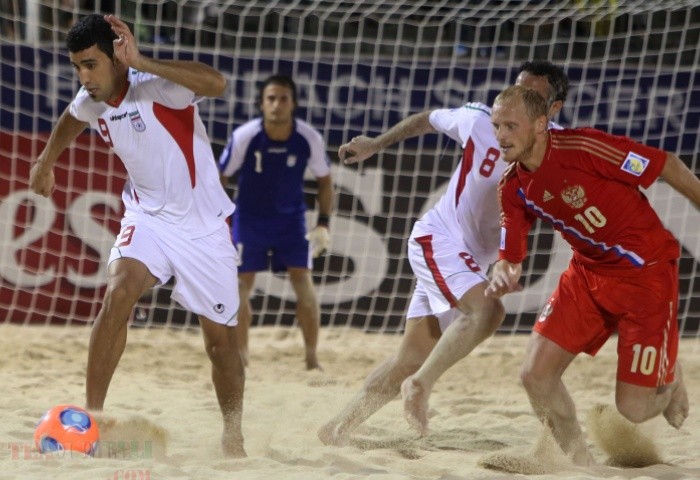
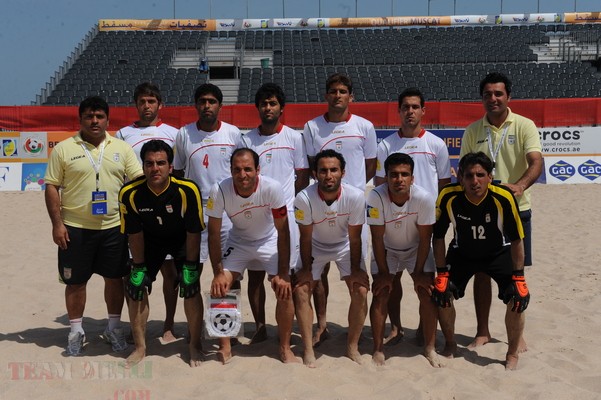
Comments